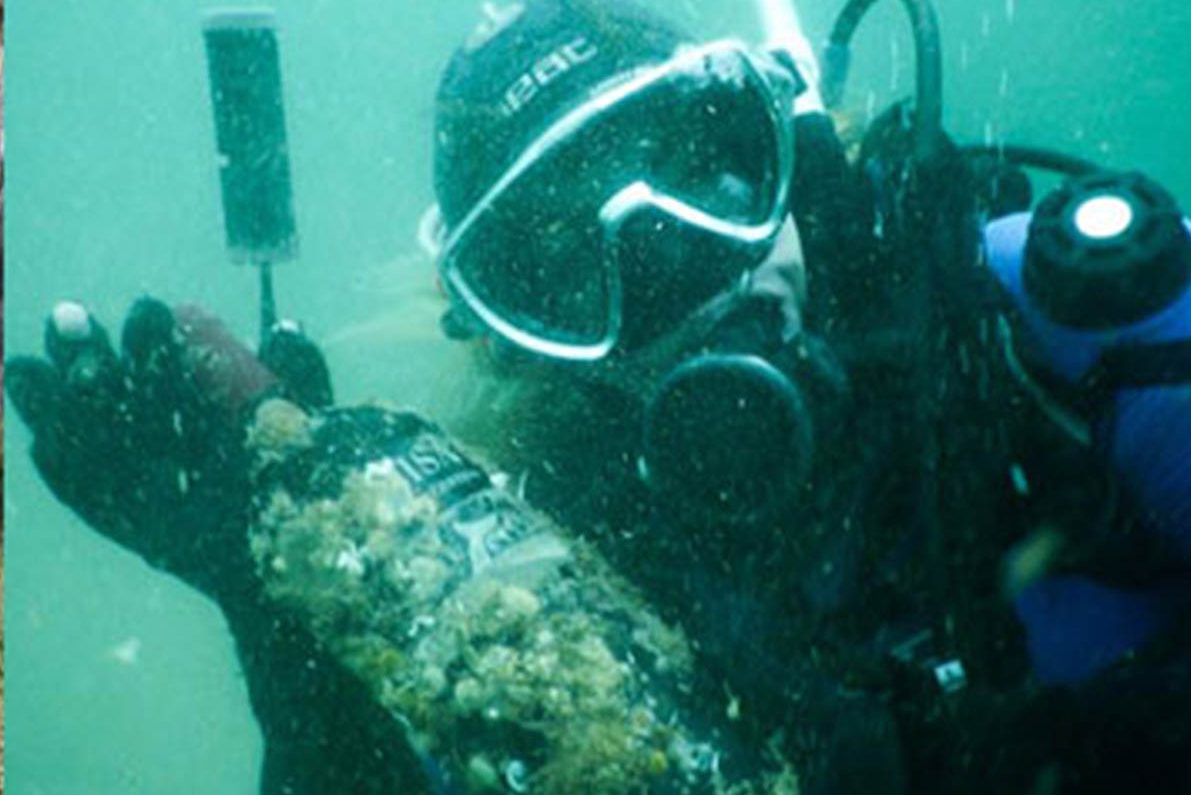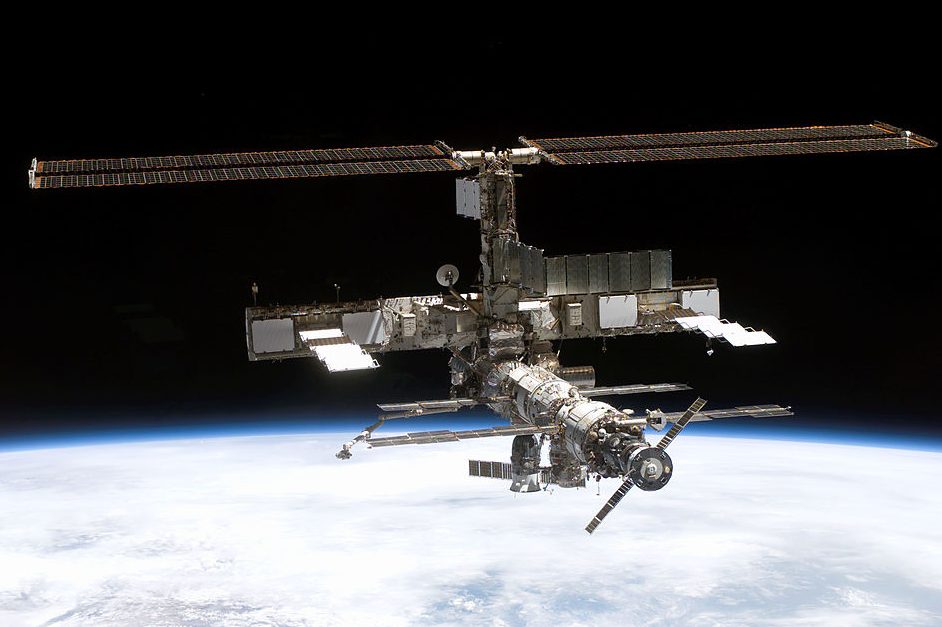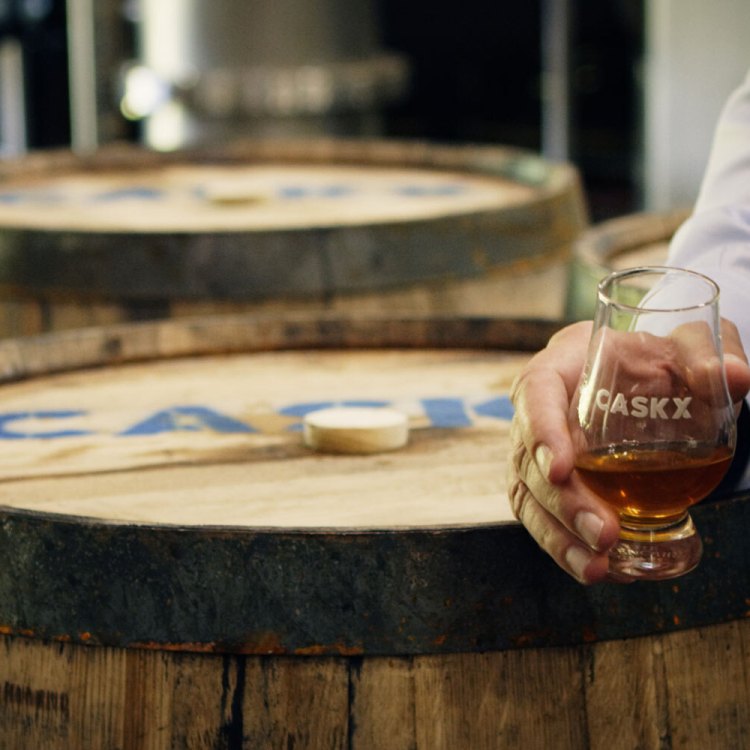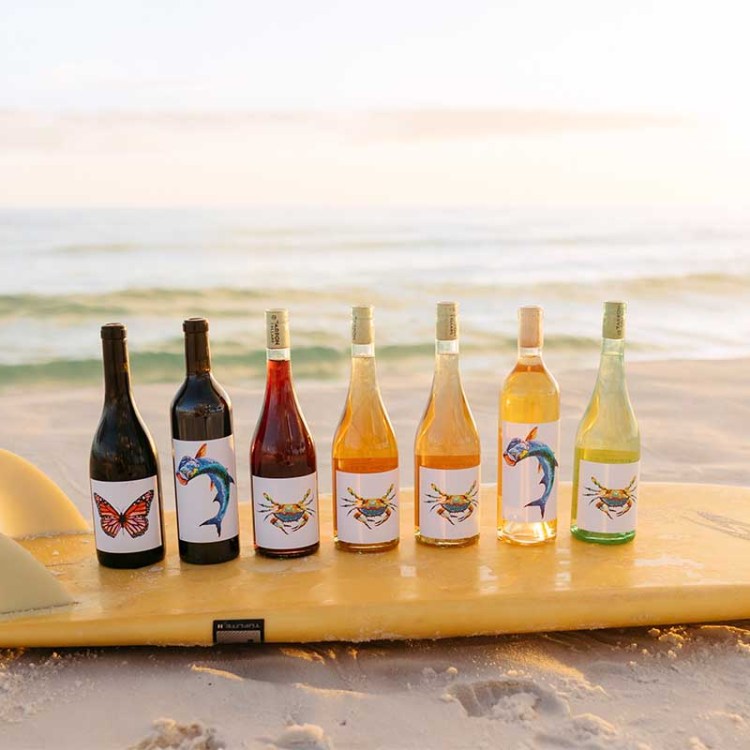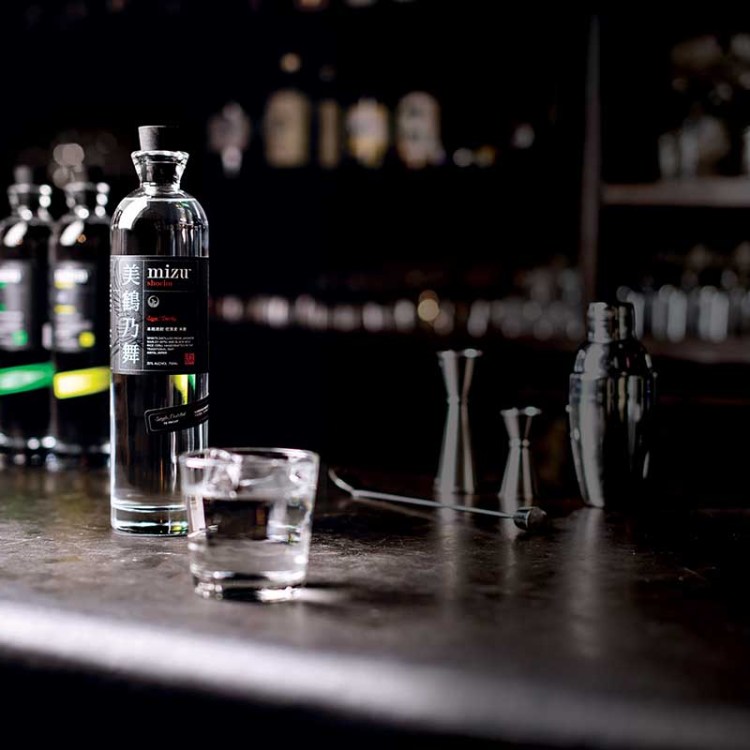We were excited recently about wine aged underwater. But now a vineyard has gone one step further — they’ve taken their vino into space and back.
As reported by Decanter, Château Petrus wines with a worth of about $6,5000 each spent 14 months orbiting the Earth onboard the International Space Station (ISS). A collaboration between a company called Space Cargo Unlimited and the University of Bordeaux’s wine institute, the ISVV, the 12 bottles of Petrus 2000 have now returned to Earth and undergone a tasting.

“The Earth wine was exactly how you would expect it to taste,” said Decanter’s Jane Anson, who noted the space wine seemed to exhibit “more floral aromatics” and softer tannins … although given the limited sampling, everyday bottle variation wasn’t ruled out.
No chemical analysis has been completed yet, and taste differences among the initial imbibing team seem, so far, to be different but possibly consistent with each taster’s “sensitivity.” Notes Philippe Darriet, director of the ISVV’s Oenology Research Unit: “Differences were perceived concerning the color of the wines. Concerning aroma and taste components: the two wines [Earth and space] were described with a rich vocabulary attesting to remarkable olfactory and gustatory complexity; sensory dimensions of sweetness, harmony, and persistence were particularly noted.”
The goal of the initial mission was to stress-test plants in a different environment in an effort to combat climate change — 320 snippets of Merlot and Cabernet Sauvignon grapevines were also on the ISS — and to better understand the aging process, fermentation and bubbles in wine, as reported by the Los Angeles Times.
Interesting note: Those vine canes were replanted on Earth and the “buds and growth are observed much earlier than on canes that remained on Earth in similar conditions,” according to a press release by Space Cargo Unlimited.
Thanks for reading InsideHook. Sign up for our daily newsletter and be in the know.

